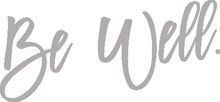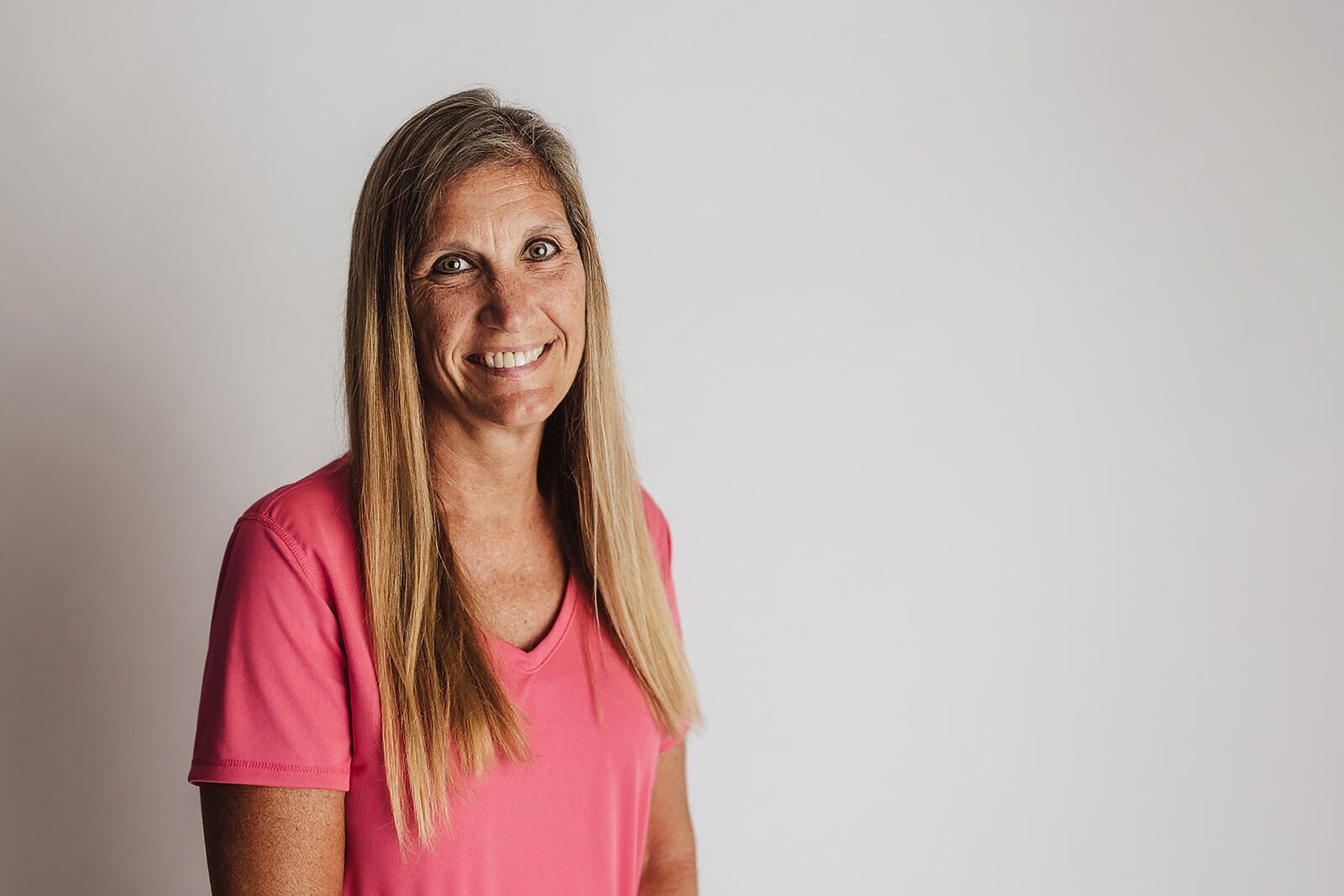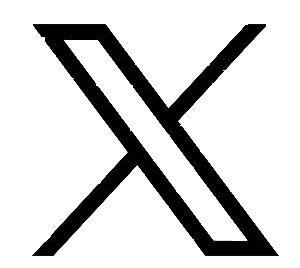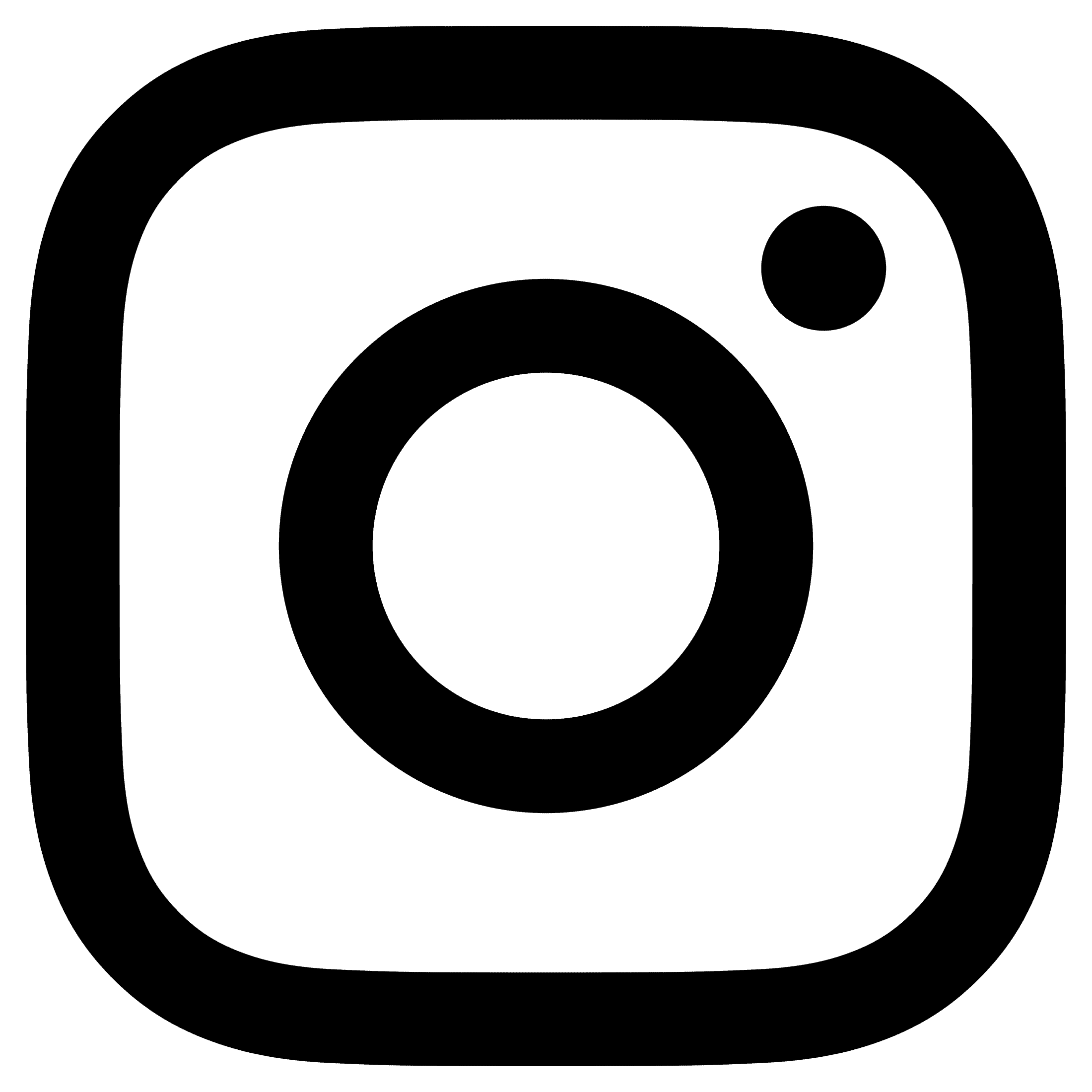Lori's Fight Against Breast Cancer: A Journey of Hope and Healing
I was 37 years old when I discovered a lump on my right breast while in the shower. I hadn't been very regular with my breast self-exams, so it came as quite a shock. Still, I was thankful I found it. I called my primary care provider right away, and a mammogram was scheduled. After the mammogram, my provider recommended a referral to a surgeon, as they had identified an area of concern. I saw the surgeon, who suggested removing the area, and we scheduled the procedure.
My husband was with me during the procedure. He asked the surgeon if he thought it was cancer, and the surgeon responded that it didn’t look like cancer from what he had removed. Still, they sent a sample in for testing.
At 5:30 p.m., while having dinner with my husband and 12-year-old daughter, I got the call from the surgeon. "You have cancer." Those words are unforgettable. I was in shock, disbelief, and tearful—I had no immediate family history of breast cancer. The surgeon had said it didn’t appear to be cancer, but the sample revealed otherwise. At that moment, so many thoughts raced through my mind, but my primary concern was, "What are my next steps?"
I met with an oncologist and a case manager to discuss my options. I chose to have a mastectomy on the side where the cancer was found, along with a TRAM flap procedure. After the mastectomy, I was diagnosed with stage 2 breast cancer, which had spread to my lymph nodes. Once my incisions healed, I underwent six months of chemotherapy followed by 12 radiation treatments.
I was blessed with tremendous support from my family during treatment. Still, there were many days I struggled to find the motivation to go for chemo, knowing how ill it made me feel for a week afterward. But I pushed through. After completing chemo and radiation, I had a follow-up mammogram on the other breast, which revealed another area of concern. I thought, "How could this be, after all the treatment?" There was no hesitation this time—I scheduled another mastectomy.
Since I had undergone a TRAM flap on one side and a mastectomy on the other, my breasts were uneven, and I had to decide how to proceed. I chose to get implants and began that process. My cancer journey—filled with surgeries, chemo, radiation, and more surgery—lasted about a year and a half.
During my recovery, friends, family, and coworkers were incredibly supportive. They brought meals and helped with tasks around the house that I couldn’t manage. My husband and daughter also stepped up to take on my usual household duties.
Throughout my treatment, I wasn’t able to work and used up all my PTO and vacation time. I did have short-term disability, but my friends still organized a benefit to help with the challenges I was facing. Their support was a lifeline, helping me through difficult days.
I lost all my hair during chemo and received referrals for wigs from places like Bravada in Omaha and the American Cancer Society. One of the most memorable experiences was when a friend accompanied me to pick out a wig. Losing my hair was hard, but having that support made such a difference.
I didn’t get tested for the BRCA gene due to the cost at the time. However, I’ve always felt that my daughter would be fine, though I’ve encouraged her to be proactive about her health. She’s 30 now, with no signs of cancer, but she gets checked regularly.
—Lori Russell, RN
Health Coach | SMC's Family Care Clinic
Thank you, Lori, for sharing your story in the hopes of helping others.





